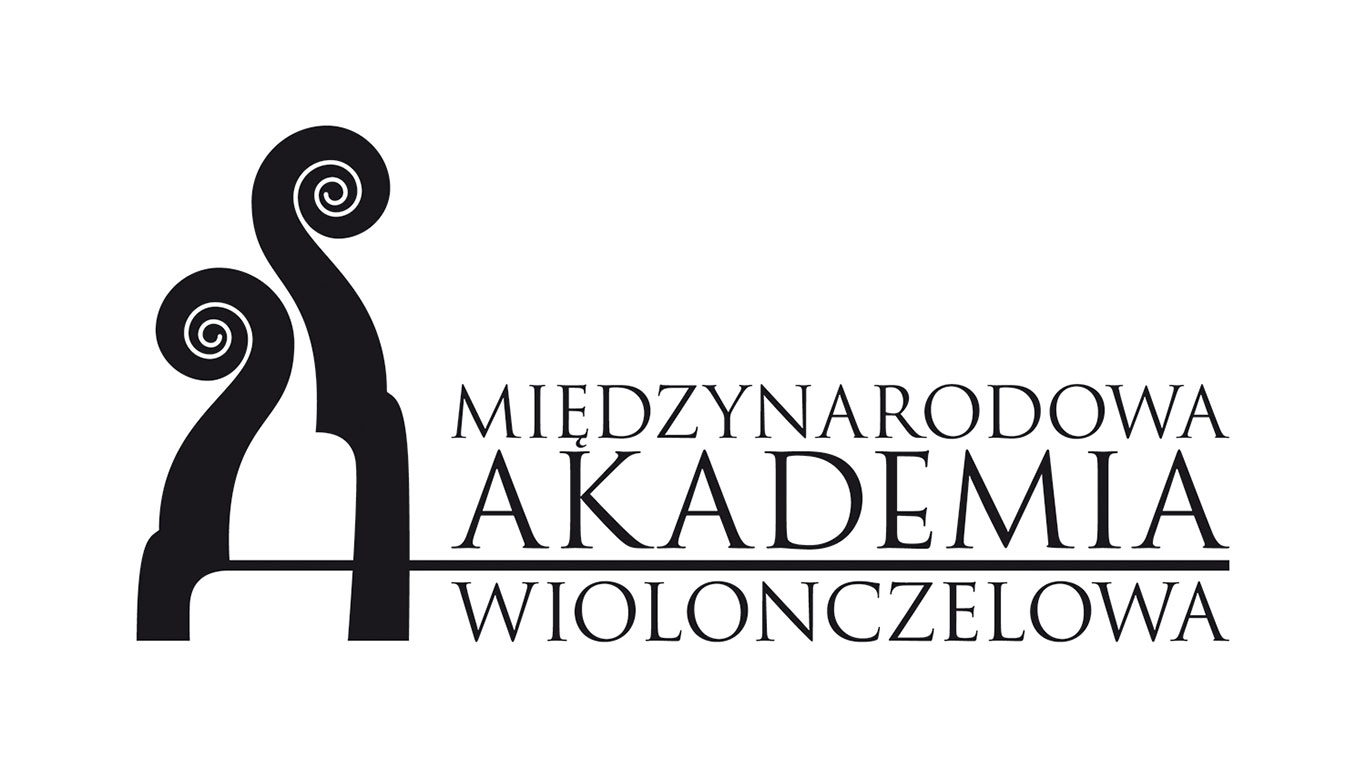The International Cello Academy was established by the Polish Cello Quartet – one Poland’s leading chamber ensembles, formed by Tomasz Daroch, Wojciech Fudala, Krzysztof Karpeta and Adam Krzeszowiec. Driven by the desire to reach young artists all over the world, these four cello virtuosos have established a project enabling students of this instrument to improve their skills under the supervision of professionals and to face the richness of a diverse repertoire. This evening, the musicians will be performing works by titans of 19th-century opera: Georges Bizet and Gioacchino Rossini.
When one hundred and fifty years ago, in March 1875, Bizet conducted his opera Carmen for the first time at the Opéra-Comique in Paris, he could not have expected that today it would be one of the most frequently performed compositions of this genre. The audience, accustomed to performances with light themes, initially received it with undisguised consternation. This resulted from the realism of the plot introducing characters from everyday life to the stage, breaking with previous artistic conventions. However, both the magnificent orchestration of the work and the expressive melodic invention were quickly appreciated, and the opera became synonymous with “Spanishness”. The cellists will perform a suite based on themes from Carmen. However, these will not be the only tropes related to the operatic work – the artists will also reach for the famous overtures to Guglielmo Tell and The Barber of Seville by Gioacchino Rossini. The legacy of the composer from Pesaro is united by an unusually fine selection of means of expression and a spark of musically illustrated humour – and such are the featured overtures. “He who knows one of my operas knows them all,” the composer used to say, and his musical temperament undoubtedly contributed to the immortality of both operas.
The concert repertoire will also include works by cello virtuosos. Wilhelm Fitzenhagen is one of them, the famous dedicatee of one of the greatest masterpieces of cello literature – Pyotr Tchaikovsky’s Variations on a Rococo Theme in A major op. 33. The Polish Cello Quartet will perform Fitzenhagen’s Concert-Waltzer op. 31. The members of the quartet, along with Julius Berger and Răzvan Suma, will also play Alfred Piatti’s Serenade in D major – he was called by Ferenc Liszt the “Paganini of the cello”. As history has shown, the legendary Hungarian valued yet another excellent cellist – David Popper, who, thanks to the master’s recommendation, became a professor at the Budapest Academy of Music. He is also remembered as a composer focused on literature intended for cello. His romantic Polonaise de concert op. 14, originally written for cello accompanied by piano, will be performed by Raphael Wallfish and the International Cello Academy Orchestra. In the same line-up, you will also hear the charming, nostalgic miniature Klid (Forest Silence) by Antonin Dvořák. The whole will be crowned by the swinging Bossa Nova Philharmonica – a small piece by Wilhelm Kaiser-Lindemann from 1980, pulsating with Latin American rhythms.



